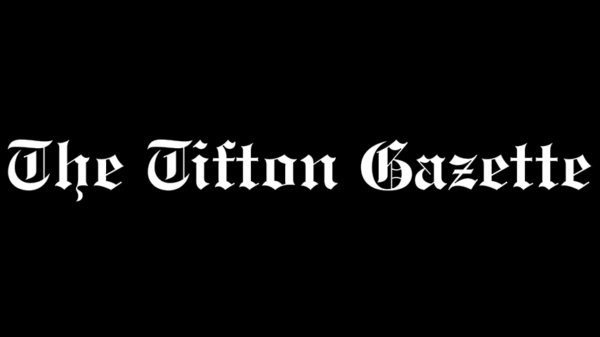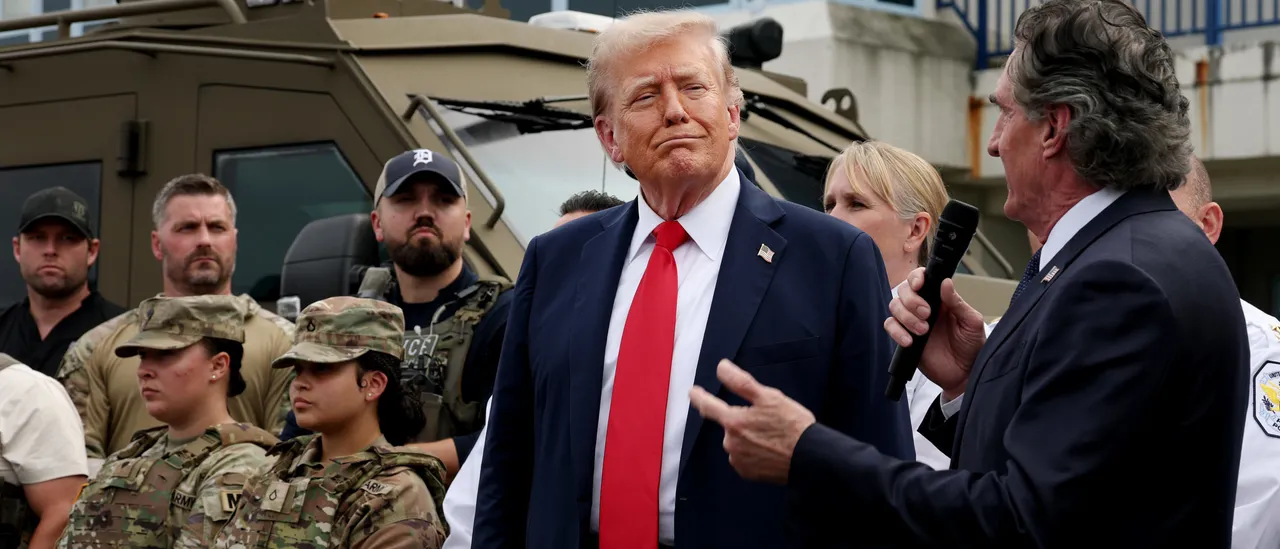Donald Trump has recently suggested the deployment of the National Guard to combat rising crime in cities such as Chicago and Baltimore. This proposal has sparked significant backlash from various liberal commentators and Democratic officials, who view it as indicative of Trump’s authoritarian tendencies. Critics argue that the suggestion distracts from the pressing issue of safety for residents living in these crime-affected areas.
Crime in cities like Chicago and Baltimore is a documented crisis that has devastated communities. In 2024, Chicago recorded nearly 600 homicides, marking it as the most violent city in the United States for the thirteenth consecutive year. Meanwhile, Baltimore continues to experience violent crime rates that far exceed national averages, despite a recent decline. Critics of local governance claim that long-term Democratic leadership has failed to ensure a safe environment for residents, many of whom belong to marginalized communities.
Trump’s proposal, while controversial, reflects a broader interpretation of federal responsibility in times of local governance failures. He references the Insurrection Act of 1807, a law that allows the president to restore order when state unrest reaches critical levels. Throughout American history, presidents from Thomas Jefferson to George H.W. Bush have invoked this act during times of civil disorder.
Opponents of Trump’s approach often prefer to label it as fascism rather than engage in a substantive discussion about the realities faced by residents in high-crime areas. Many community members, particularly in neighborhoods most affected by violence, have expressed a desire for increased law enforcement presence rather than calls for police abolition.
Polls consistently reveal that crime and public safety are among the top concerns for voters. In recent exit polling, these issues ranked within the top five priorities for many Americans. Public support for increased police funding remains strong, with numerous surveys indicating that between 70% and 80% of respondents favor more investment in law enforcement.
Trump’s political strategy capitalizes on this sentiment. Rather than attempting to reach a consensus with progressive agendas, he addresses the issue of crime head-on, resonating with a public that seeks effective solutions. This approach often elicits immediate outrage from Democratic leaders and their media allies, who tend to respond emotionally rather than rationally.
The pattern of political reactions seems to repeat itself across various issues. When Trump highlights border security, for example, Democrats often double down on open-border policies. Similarly, his critiques of educational practices regarding gender identity have led to a staunch defense of existing policies by his opponents.
Historically, the federal government has intervened in local matters when necessary. The deployment of federal troops to maintain order during the Whiskey Rebellion in 1794 provides a historical precedent for such actions. Trump’s ability to frame these discussions effectively, coupled with his sense of humor, allows him to navigate contentious political landscapes with apparent ease.
As Trump continues to advocate for federal intervention in crime-ridden cities, the implications of his proposals will likely resonate beyond his political ambitions. The potential impact on residents of Chicago and Baltimore could redefine local governance and public safety measures, emphasizing the ongoing struggle to achieve stability in communities plagued by violence.








































































